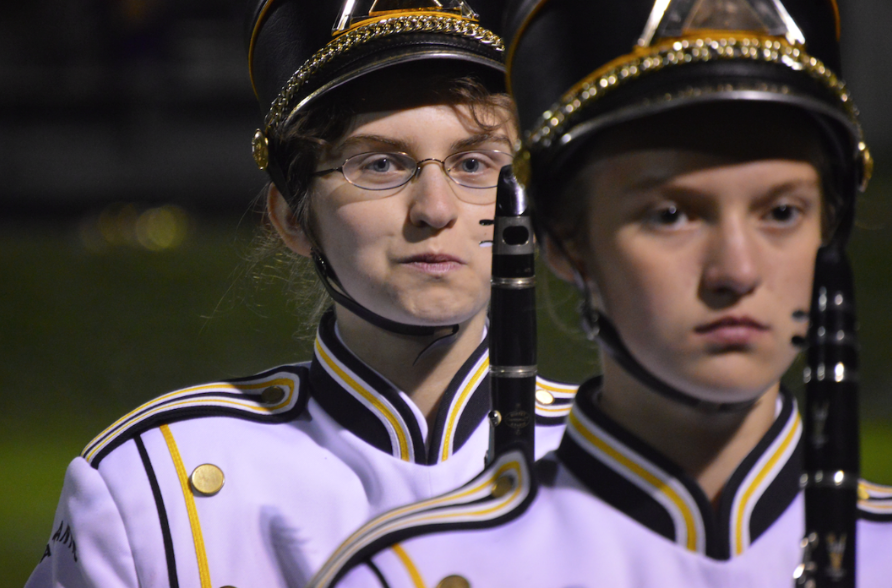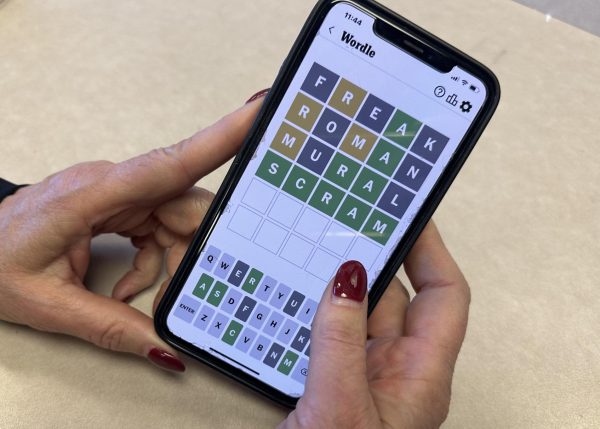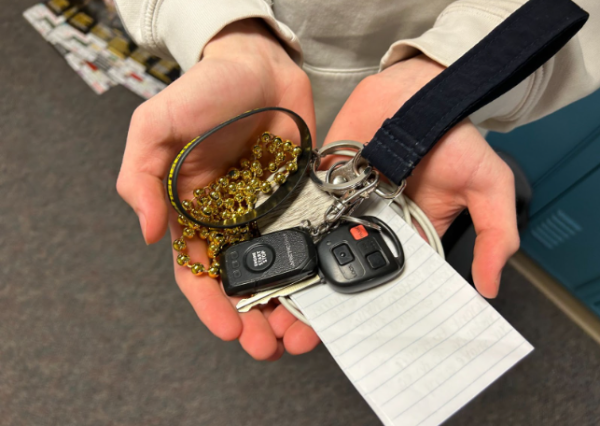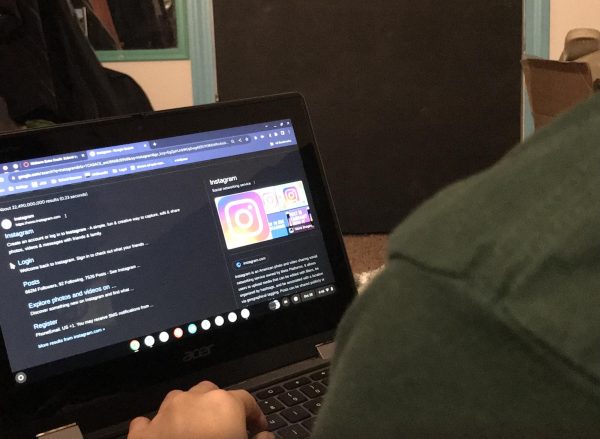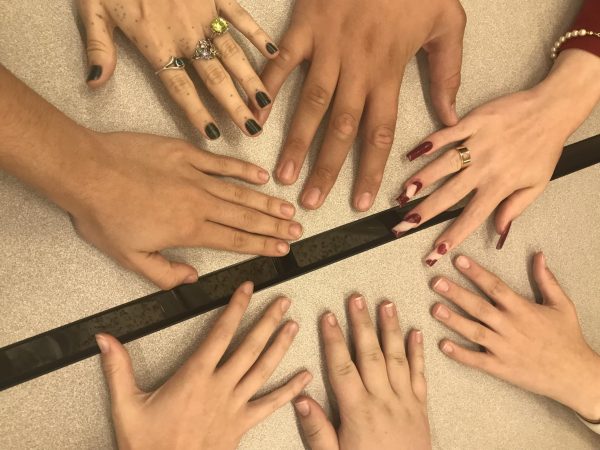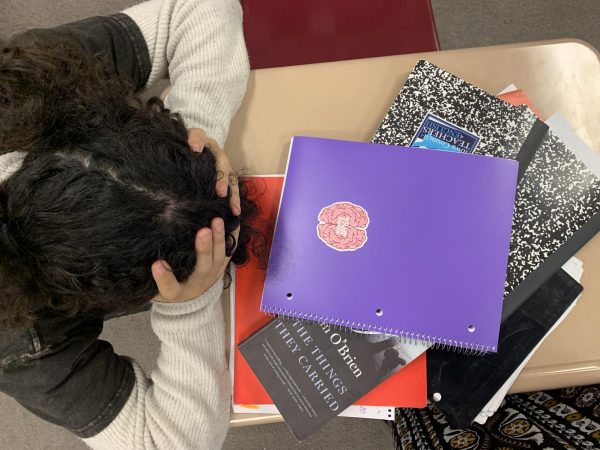What To Know About Marching
September 15, 2014
by Monica Brewer
When people hear about marching, they probably think it isn’t hard to do at all. To the average band student, it’s a little more complicated than that. It takes a lot of effort for the moves we do in a drill to be executed properly.
It starts with how the schedule is arranged for practice. Trojan Guard members have to get on the field to start practicing at 7:30 a.m. Monday, Wednesday, and Thursday each week. Band meets first period every day, which totals more than 5 hours of practice a week.
Any unexcused late arrival means giving band teacher Jarrod O’Donnell a lap around the track. For section leaders and drum majors, it’s two laps.
If students have a lap (or two) to run, they have a couple options: run the lap that same day before or after marching, run their lap on a scheduled day, or wait until the end of the quarter to run all the accumulated laps at once.
After that, students do fundamentals, which include forward marching, backwards marching, flinking, and turning.
It may sound simple enough to do, but when it comes down to it, anything can dock off points at contest. Some examples of how we can get docked points includes, but is not limited to: having our nails painted (a mistake I have made before), more hair showing from under our hats than required, marching off step, and not-so-straight marching lines when the guard does parade marching.
For colorguard, it’s more strict. It includes dropping their flag during the long march through Clarinda (I know someone who did that) and not moving their flags in time with the rest of the guard during the field portion of contest.
We have done more elaborate things in the last couple of years. During my freshman year, the color guard did stunts with baby powder, and in my sophomore year drum major and 2013 graduate Jake Auerbach did a solo on his french horn for a drill that year (a Willy Wonka Medley).
I will explain to this year’s seniors and underclassmen who see our shows why the Trojan Guard doesn’t do routines with baby powder anymore; it had something to do with this one rule of marching band called the Marshmallow Rule. I remember O’Donnell telling a couple of students in his office (including me) about this rule. O’Donnell said that there was a high school guard that used marshmallows during a part of their show and didn’t pick them up afterward and they got stuck on people’s shoes and uniforms. Since that rule was established, we don’t use/toss stuff (other than flags) in our shows anymore.
The Trojan Guard puts in a lot of hours of marching, setting and playing so that they can put on a stunning show for not only the people who come to football games, but for O’Donnell, the judges that watch us play and march, and the members themselves. To the average person, it may seem like marching doesn’t matter, but to a member of the Guard, it means anything and everything to march.

